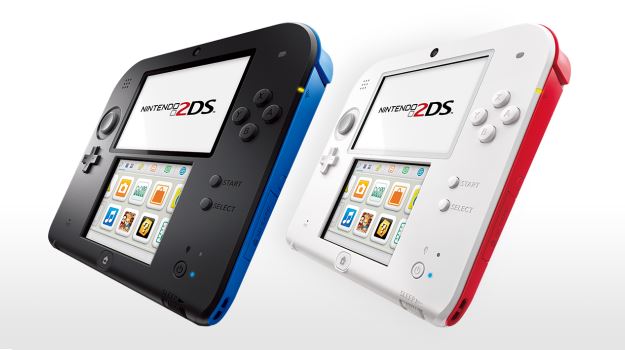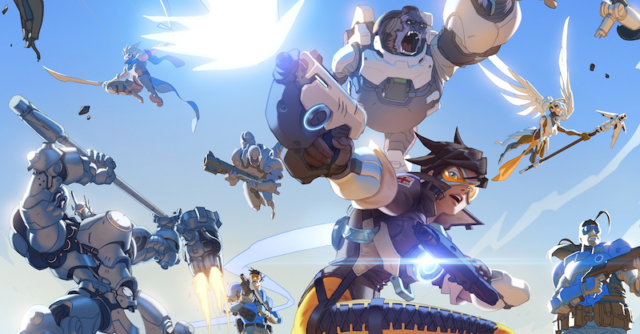The NPD Group has just released its monthly sales figures and July 2016 saw a significant drop in video game revenue compared to last year. NPD’s video game industry analyst, Sam Naji, attributes the drop to “lack of strong new titles for the month,” resulting in a 14 percent drop year-on-year for hardware, software and accessories.
“[Hardware] spending declined by 30 percent versus last July due to a 10 percent decline in unit sales and a 22 percent decline in the average price,” Naji observed. “Spending on portables increased by 23 percent, but this was offset by a 37 percent decline in spending for consoles. Total spending came to $141 million, a decline of $61 million compared to July 2015.”
Xbox One was the best-selling eighth-generation console for the month in terms of units sold, thanks to a 30 percent average reduction in price since July of 2015. Together with the PlayStation 4, both current-gen consoles have earned 41 percent more cumulative hardware sales than their predecessors, the Xbox 360 and PlayStation 3 when compared to the same point in console life cycles—in this case, 33 months since launch.

Nintendo outperformed the competition overall in hardware unit sales, thanks to reduced average prices for the 2DS, resulting 78,000 sold—a five-fold increase. The combined spending for the 3DS and the 2DS increased by 44 percent to $28 million. “The 3DS also saw an increase in unit sales of 18 percent,” Naji noted, “Making the combined 2DS and 3DS platforms the best-selling hardware for July 2016 (based on units).”
Speaking of Nintendo, it’s no surprise that the July release of Pokémon GO inspired consumers to “catch them all” on other platforms as well. “The popularity of the app had a positive effect on sales for Pokémon Alpha Sapphire and Pokémon Omega Ruby for the 3DS. Units sales for the two games increased by 79 percent compared to the previous month,” said Naji.
The NPD’s top 10 best-selling games for July 2016 are:
- Grand Theft Auto V
- Overwatch*
- Lego Star Wars: The Force Awakens
- Monster Hunter: Generations*
- Call of Duty: Black Ops III
- Minecraft*
- NBA 2K16
- Doom 2016*
- Destiny: The Taken King
- Tom Clancy’s Rainbow Six: Siege
Asterisks indicate that digital sales were not accounted for.
Since June, Rock Star’s Grand Theft Auto V overtook Blizzard Entertainment’s Overwatch for the number one position, Lego Star Wars: The Force Awakens dropped one spot to number three and Monster Hunter: Generations took over the number four spot, pushing Doom all the way down to number eight. The best-selling new release for the month was Capcom’s Monster Hunter: Generations for the 3DS, but the title earned 52 percent fewer dollars than last July’s new game, Rory Mcllory PGA Tour.
“The lack of strong new releases for the month have resulted with a poorer comp year-on-year, and the top 10 games for July 2016 generated 21 percent fewer dollar sales than they did last year,” Raji explained.

When it comes to accessories, gamers took a step back from gamepads, headphones and interactive gaming toys compared to last July. Total spending in this category declined by 4 percent to $98 million, which includes subscription cards to console services such as Xbox Live Gold and PlayStation Plus and named full-game download cards.
Raji added that previous-generation console accessories helped reduce the hit in revenue that eighth-generation (Xbox One and PS4) would have sustained. “Although dedicated eighth-generation gamepad spending and headphones/headset spending increased by 22 percent and 23 percent, respectively,” he said. “They were offset in declines in spending on older models such as dedicated seventh-generation gamepads and headphones/headsets.”
Disney Infinity and Lego Dimensions saw an increase in sales for July, taking a 34 percentage point shift in dollar share away from Skylanders accessories and amiibos. “Although total spend for interactive gaming toys declined by 3 percent compared to last year,” Raji concluded, “Consumers spent an additional 55 percent on Disney Infinity accessories and $3MM on Lego Dimensions, which launched in September 2015.”

